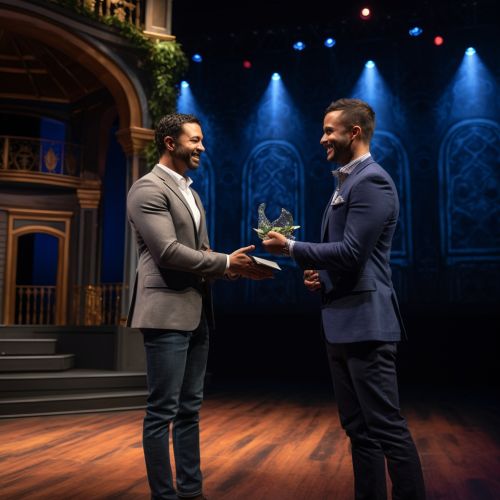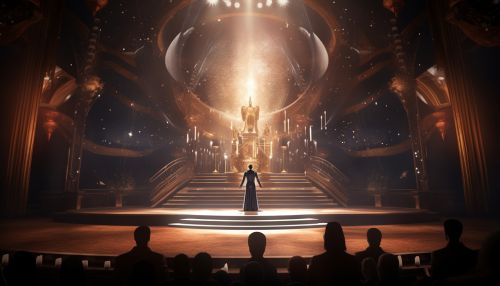Leon Cooper
Early Life and Education
Leon Cooper was born on February 28, 1930, in New York City. He attended the Bronx High School of Science, a specialized public high school known for its rigorous science and mathematics programs. After graduating from high school, Cooper enrolled at Columbia University, where he studied physics. He earned his bachelor's degree in 1951 and went on to complete his Ph.D. in 1954.
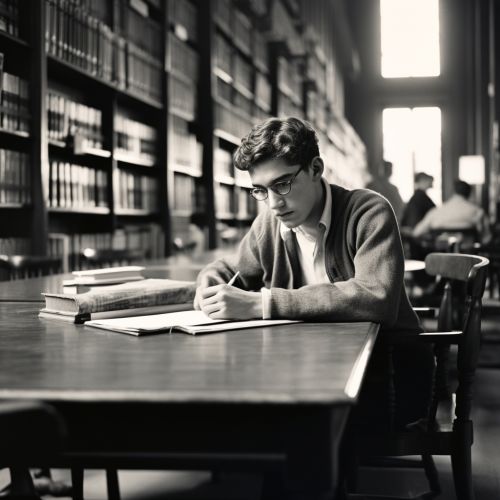

Career and Research
Cooper began his academic career as a research associate at the Institute for Advanced Study in Princeton, New Jersey. In 1958, he joined the faculty of the University of Illinois at Urbana–Champaign, where he conducted groundbreaking research in the field of superconductivity.
In 1957, Cooper, along with John Bardeen and John Robert Schrieffer, developed the BCS theory, a comprehensive theory of superconductivity. The BCS theory, named after the initials of its creators, explains how electrical resistance in certain materials disappears at very low temperatures. This work earned Cooper and his colleagues the Nobel Prize in Physics in 1972.
Cooper's research interests extended beyond superconductivity. He also made significant contributions to the fields of quantum mechanics, neuroscience, and computational neuroscience. In the 1980s, he developed the Cooper pair box, a device used in quantum computing.
In 1984, Cooper joined the faculty of Brown University, where he served as the Thomas J. Watson Sr. Professor of Science. At Brown, he continued his research in superconductivity and made significant contributions to the field of neuroscience.
Contributions to Neuroscience
Cooper's work in neuroscience focused on understanding the mechanisms of learning and memory. He proposed the Cooper–Harpending theory, which suggests that the brain's neural networks are modified by learning experiences. This theory has had a significant impact on the field of computational neuroscience.
Cooper also co-founded the Mind Brain Institute at Brown University, which aims to advance understanding of the brain and its functions through interdisciplinary research.
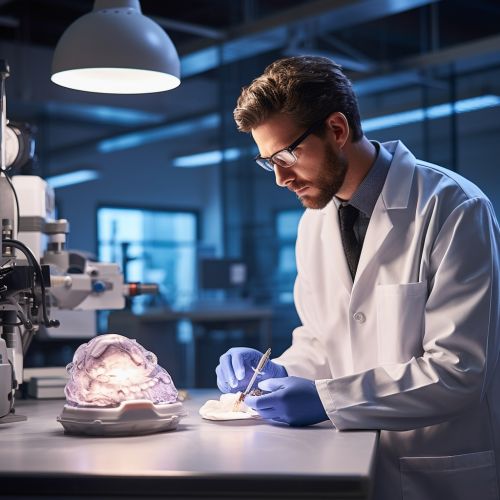
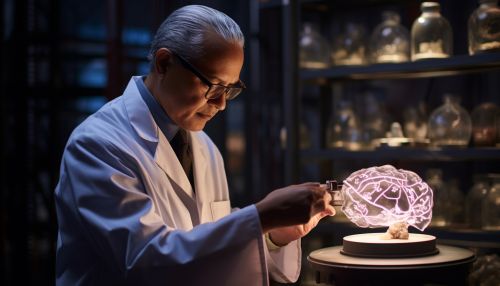
Personal Life
Cooper married Emily Cooper in 1955. They have two children. Outside of his academic pursuits, Cooper is an avid chess player and enjoys playing the violin.
Legacy and Honors
Cooper's contributions to the field of physics, particularly his work on superconductivity, have had a profound impact on the scientific community. His work has been recognized with numerous awards and honors, including the Nobel Prize in Physics, the Comstock Prize in Physics from the National Academy of Sciences, and the Descartes Medal from the University of Paris.
In addition to his scientific achievements, Cooper is also known for his commitment to teaching and mentorship. He has guided numerous students and postdoctoral fellows, many of whom have gone on to have successful careers in academia and industry.
